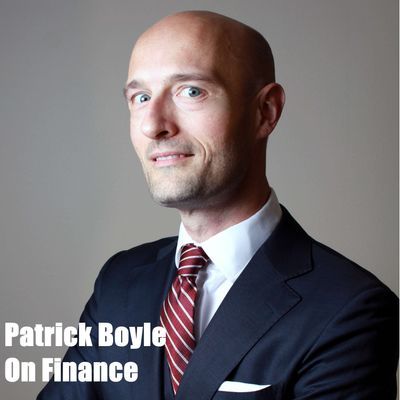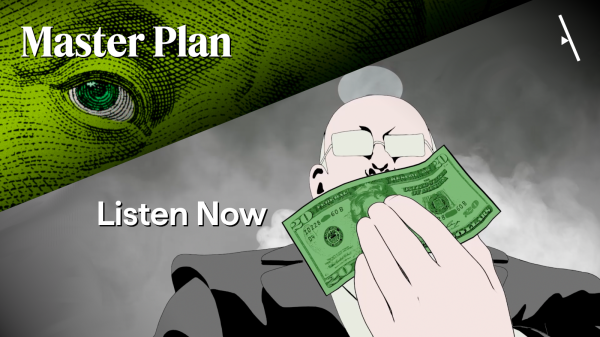social.outsourcedmath.com

The coin is dead, long live the coin!dergigi.com

In today's video we examine Donald Trump's plan to rebalance global trade using tariffs, try to understand the issues with international trade that have been pushing the United States and other countries in this protectionist direction, and if tariff…Spotify for Creators

Sunday 21 July, 8:00 UTC Candidate: [Jami] (previously known as GNU Ring) Previous Session: [Test Session #1](https://write.as/zk9vm8m00eutn.md) Comments by: [@Naught...Write.as

condition of having capital; from capital (n.1) + -ism. The meaning political/economic… See origin and meaning of capitalism.Etymonline

condition of having capital; from capital (n.1) + -ism. The meaning political/economic… See origin and meaning of capitalism.Etymonline

Master Plan, a podcast by The Lever, reveals the gripping inside story of how extremists and tycoons orchestrated a system of legalized corruption in America.www.masterplanpodcast.com

Advancing the field of token engineering in a regenerative way. Stewarding the cultivation of resources to accelerate the creation of robustly engineered models, modular tools, standards and educational opportunities.tecommons.org
Statement Dissenting from Approval of Proposed Rule Changes to List and Trade Spot Bitcoin Exchange-Traded Products Commissioner Caroline A. Crenshaw January 10, 2024www.sec.gov
The Justice Department, joined by 16 other state and district attorneys general, filed a civil antitrust lawsuit against Apple for monopolization or attempted monopolization of smartphone markets in violation of Section 2 of the Sherman Act.www.justice.gov
It's neither a technical nor a political-economic analysis. It's a religious one.
I skimmed a couple of pages, which were so full of motivated reasoning, and so smugly and unambiguously wrong on the basics, that I stopped reading.
yes - i do notice that he is obviously very excited, but it also seems the arguments as such are valid.
could you point out a few things that were wrong? i might have missed them.
@serapath
> could you point out a few things that were wrong?
I'm not sure this is a good use of your time or mine at this point. Because I consider the whole thing obviously wrong, based on a huge memeplex of premises and assumptions that are also obviously wrong.
The fact that you consider it mostly right means we have a *huge* amount of ground to cover. Given how long we were able to debate Nostr vs. the fediverse alone, we'd need to strap in for months to get anywhere with it.
But just an example, the author assumes that money is valuable because it's scarce. This is the sort of myth that needs to be corrected in high school classes on economic history.
As Graeber pointed out in Debt, money began as coins that warlords issued to their soldiers, and demanded back (in "taxes") from the peasants in the territories they held. This is still what gives money it's value; whoever holds the monopoly of violence in a territory (the "state") guarantees that it is.
Money is not valuable because it is scarce.
You could have a giant chalk board where you write down for everyone who did what for whom so you can notice if some people only receive benefits without doing anything for anyone in return
The problem is with those who control the chalk board. They can write down extra benefits for themselves and they do. That is the capitalist class
What many people want as money is an "honest chalk board", where nobody controls it to benefit themselves
i mean the gist imho is:
no young person can afford houses or anything apart from food and rent and even that is difficult.
the money printing worldwide is through the roof since 2008 and inflation too. stuff is insanely expensive and it apways gets worse.
if you dont have a job that pays you high salaries you are disadvantaged.
bitcoin does not solve all problems, but it ends the capitalist class. we (the ppl) never had momey printers, but bitcoin has no more than 21 mio
> The fact that you consider it mostly right means we have a *huge* amount of ground to cover
Are you starting to get why I said this @serapath? ; )
I need to break for the holidays. So after today, I'm going to take a break from responding on these threads, or anything that isn't fun shitposting. Feel free to give me a prod around late April/ early March, and we can get back into it.